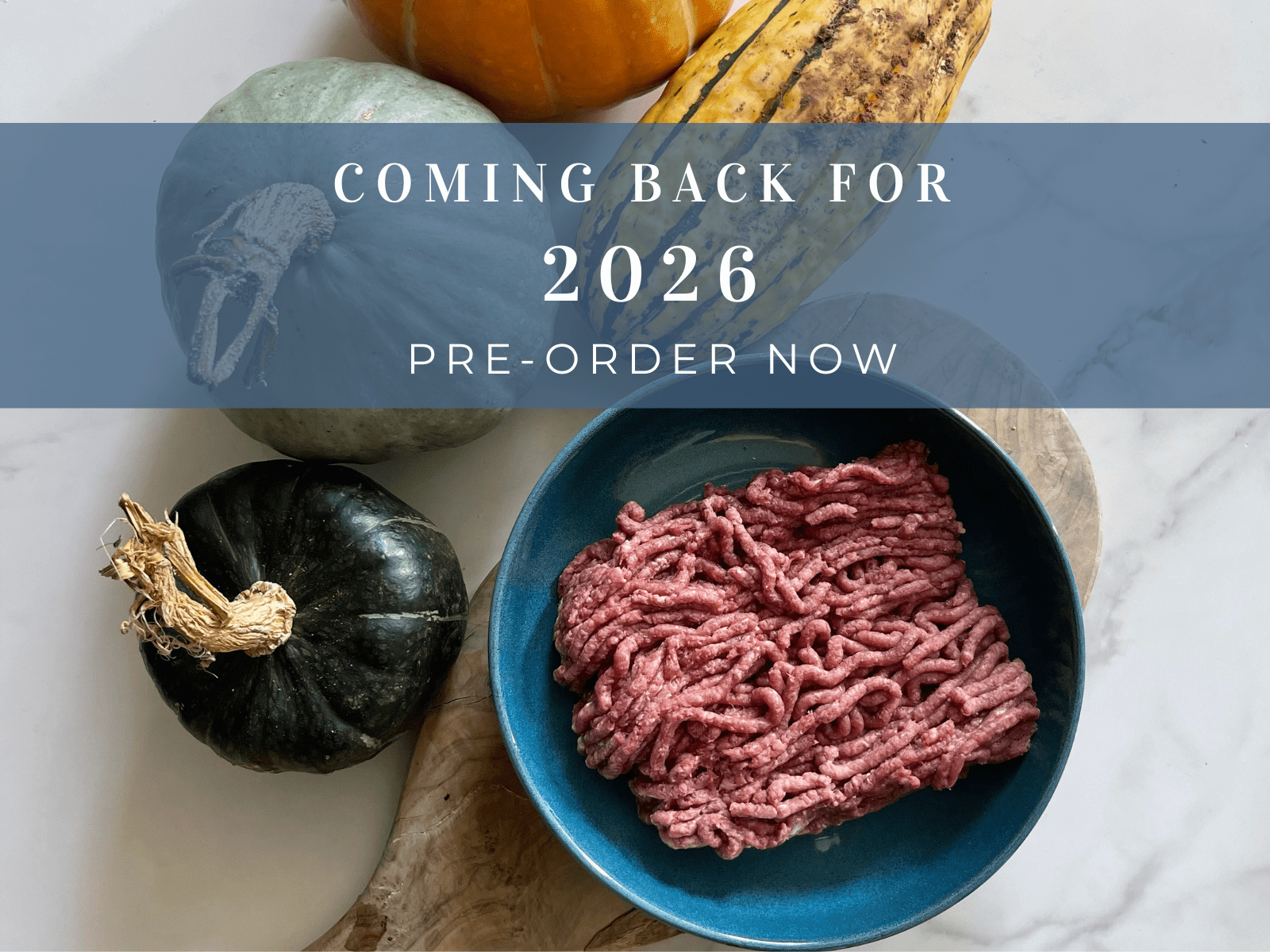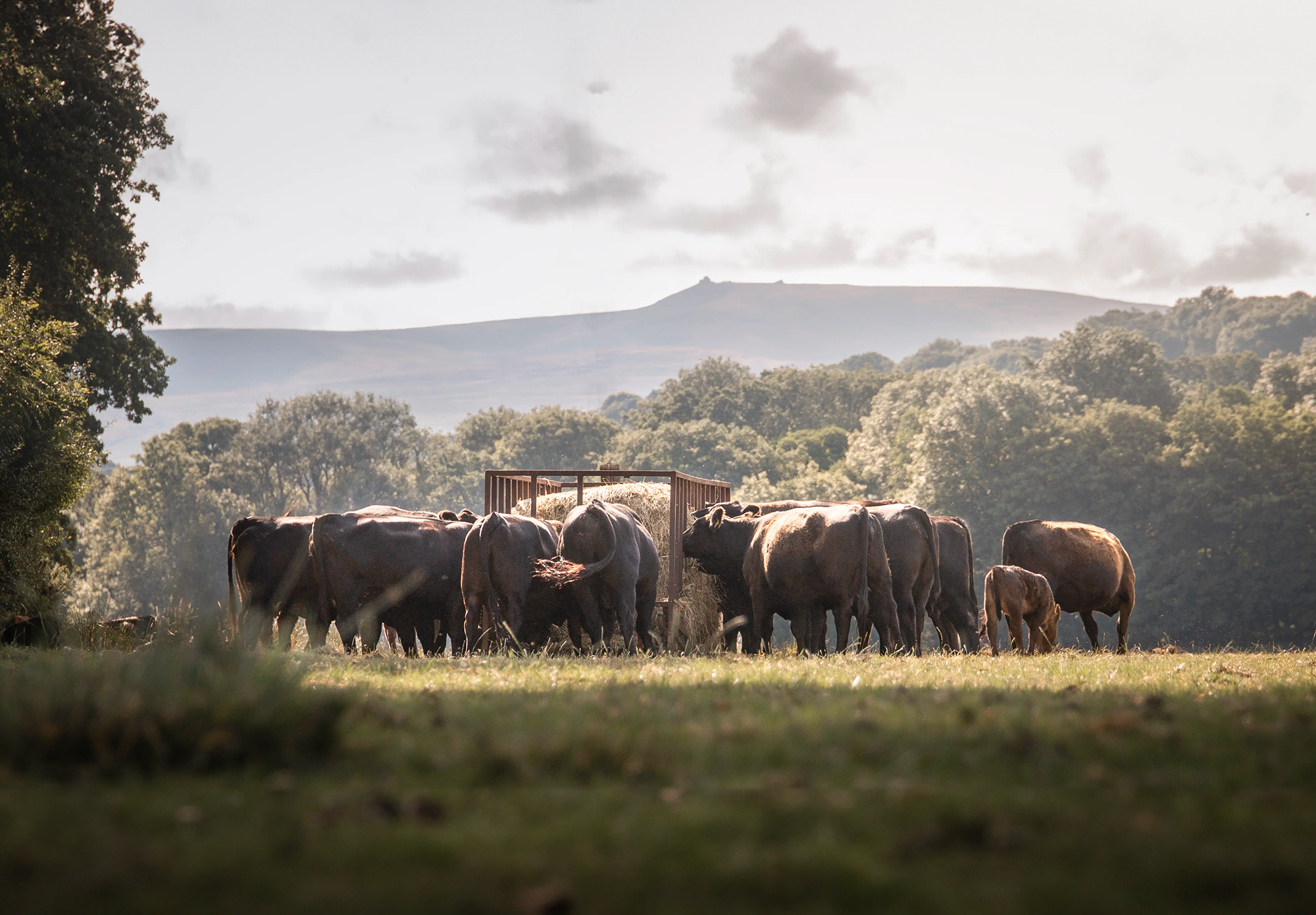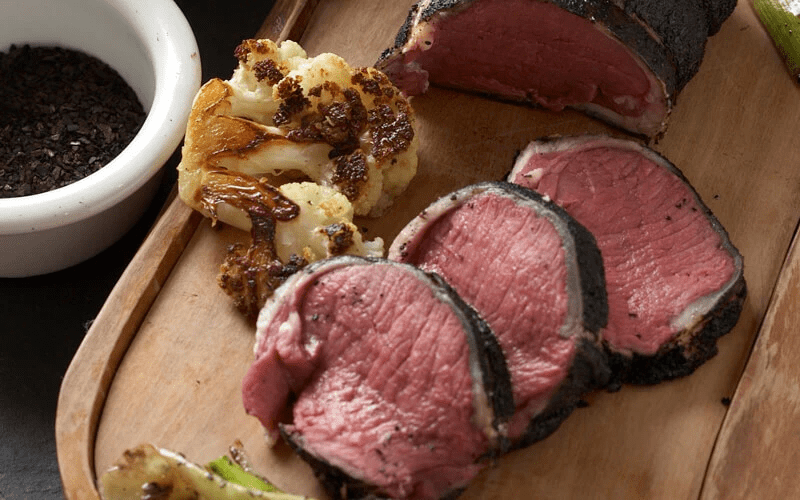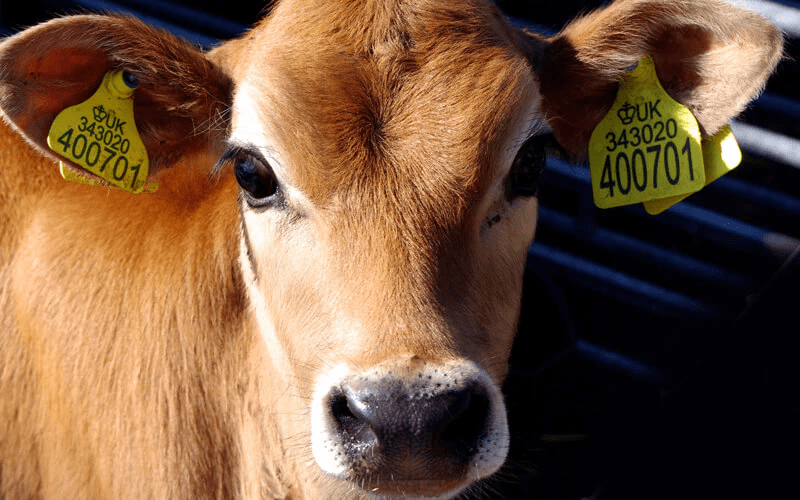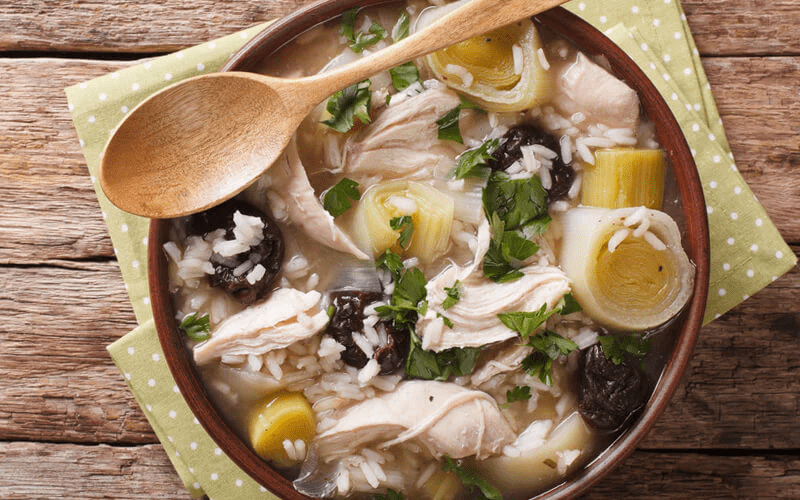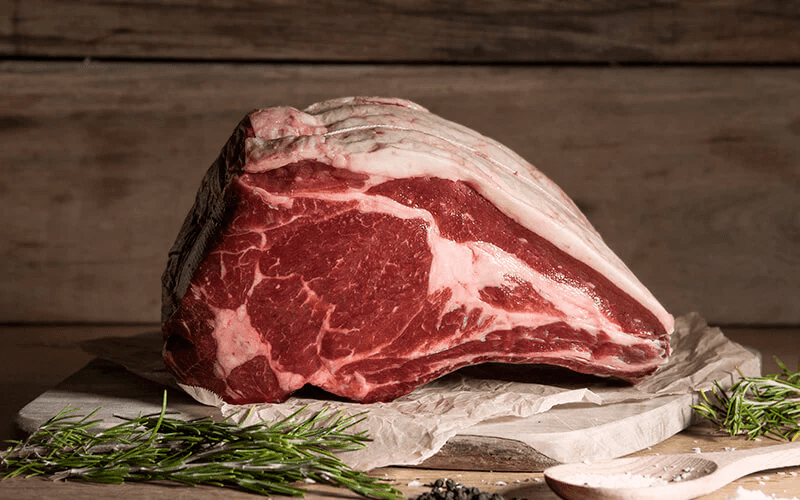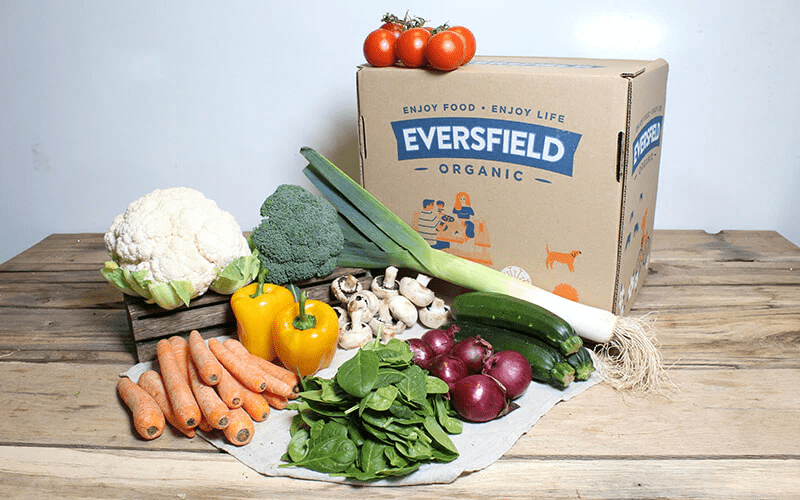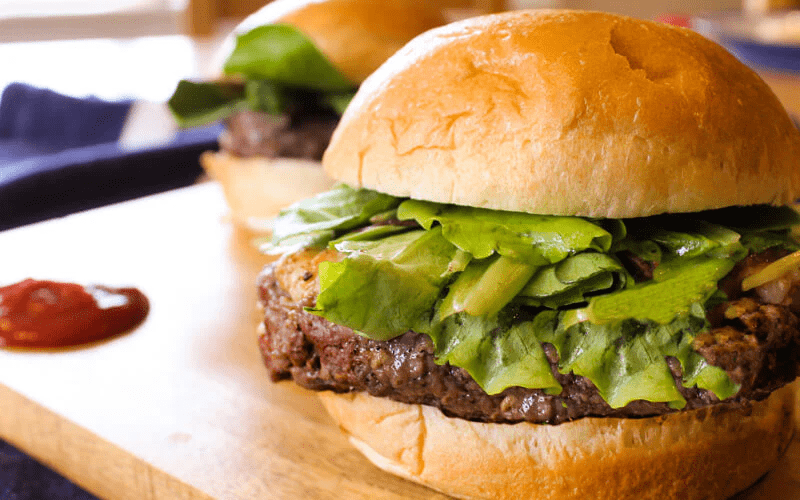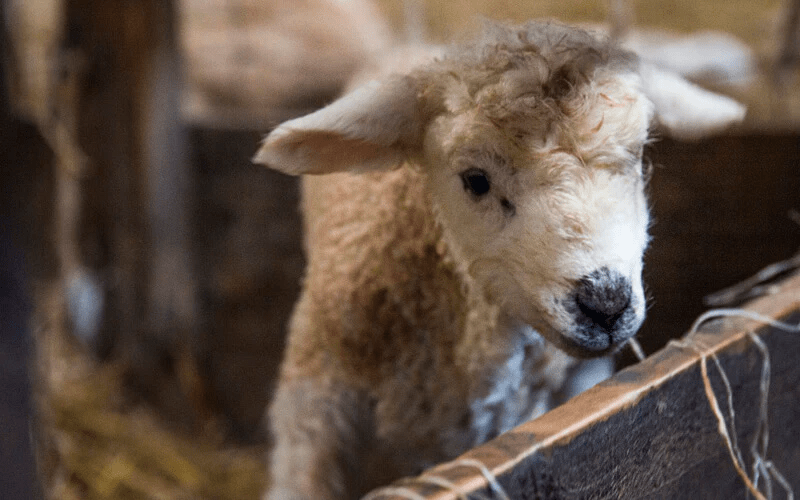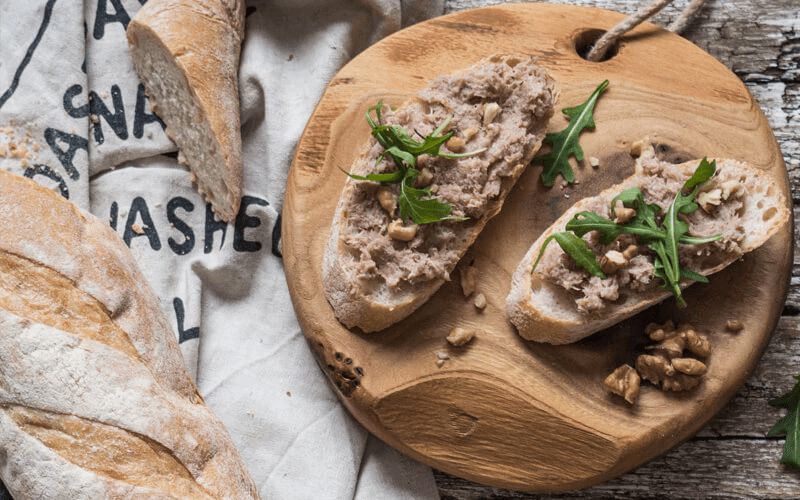Should we be concerned about nitrates in our food?
In 2015, the World Health Organization categorised processed meats to its list of products carcinogenic to humans, comparing their consumption to that of tobacco or alcohol. Seven years later, British MP’s and scientists petitioned the government to phase out nitrates in food entirely, following France’s lead. However, meat processed with nitrates and nitrites are still being sold and on the menu in schools and hospitals.
Why are nitrates and nitrites so bad for us?
Nitrates and nitrites are commonly used as preservatives in processed meats to prevent bacterial growth and maintain colour. However, when these compounds are exposed to high heat during cooking or digestion, they can form nitrosamines, which are known carcinogens. The presence of nitrosamines in processed meats has been linked to an increased risk of colorectal cancer and other health issues.
Additives to look out for are E250 sodium nitrite, E251 sodium nitrate and E252 potassium nitrate - although approved for human consumption by the Food Standards Agency, they can form toxic nitrites when chewed and eaten.
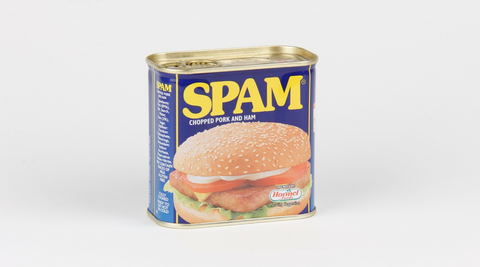
How much is too much?
The World Health Organisation now recommends no more than 70g of processed meats to be consumed per day, which they identify as “hot dogs (frankfurters), ham, sausages, corned beef, and biltong or beef jerky as well as canned meat and meat-based preparations and sauces.”, but also includes bacon and cured meats. 70g equates to roughly 2 rashers of bacon or one and a half sausages.
Of course, some people have decided that any nitrates in their food is too great a risk and the demand for nitrate-free meat has been steadily increasing.
Are all nitrates bad?
Many vegetables are rich in naturally occurring nitrates, like beetroot and spinach, which are acquired from the soil in which they are grown. There is no question that these vegetables are part of a healthy diet and should not be avoided. Vegetables with high levels of nitrates and nitrites have been linked with lower blood pressure and reduced risks of heart disease. However, choosing organic vegetables is still the best option, the Soil Association quotes research finding that organically produced crops contained up to 68% more antioxidants than non-organic produce.
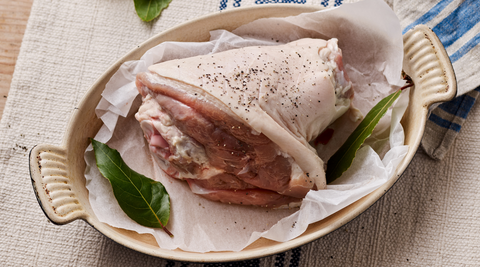
Naturally Nitrate Free
Nitrate-free meat products are produced without the use of synthetic nitrates or nitrites as preservatives. Instead, natural alternatives such as sea salt are used to achieve similar preservative effects without the associated health risks.
Traditional preserving techniques that existed before the creation of nitrates are still in use today by smaller and artisanal producers which utilise salt and drying to maintain the pinkness and prevent harmful bacteria from forming.
Fans of nitrate free meat claim that the taste is improved by the removal of these artificial preservatives. Why not taste the difference yourself, with our nitrate-free gammon, bacon and ham.

